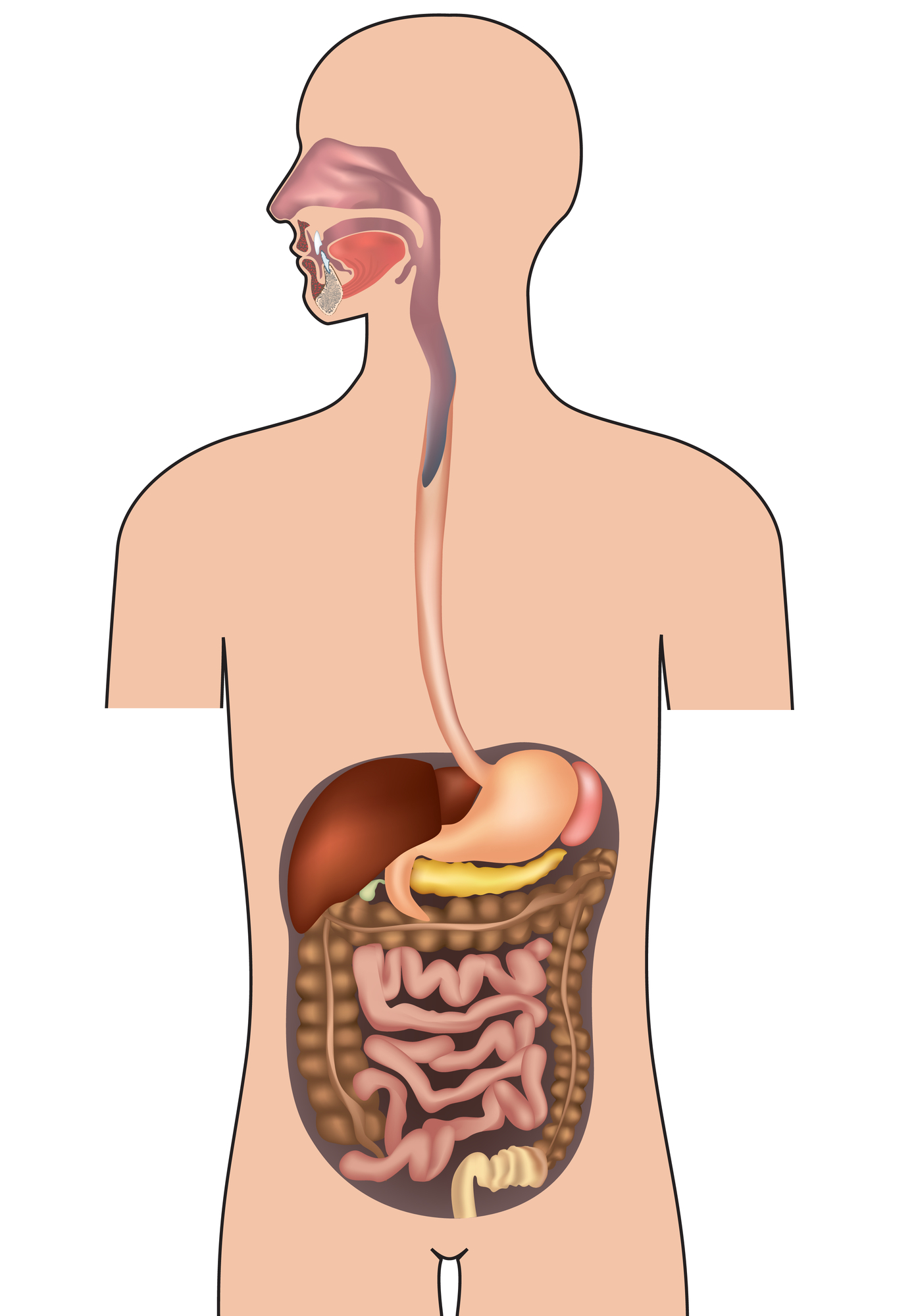For the latest updates and offers on new products & books, sign up today!
Whey Protein Improves the Immune System
Whey protein can be beneficial for your immunity if you get high-quality and minimally processed products. But before I share with you how Whey Protein Improves the Immune System, let me share with you, is my opinion about proteins in general, and you can decide for yourself what would be best for improving your health.
Lean Protein Consumption and Health Adverse
When you consume lean animal proteins, you're depriving your body of essential fat-soluble vitamins (A, D, K, and E), and all these have a direct and indirect positive outcome for your immune function. In particular, vitamin A is needed for other vitamins and minerals for digesting and assimilating protein.
- Lean proteins have little if any fat-soluble vitamins
- Many companies sell whey protein products that are low quality since whey protein molecules are fragile and can be damaged or denatured easily.
- Numerous whey proteins are resourced from a poor quality of milk coming from cows raised in confinement and eating unnatural foods and who knows how much antibiotics and growth hormones have been fed to these poor animals.
- In the U.S, and other countries where finding and consuming quality proteins is not an issue at all, such as eggs, cheese, meat, milk, and so on. And at the same time, these natural whole food proteins are very affordable than whey proteins.
Now with all that said, if you are interested in whey protein to strengthen your immune system then I suggest you do the following:
- Find the best quality of whey protein in the market where they process whey with cold-process methods so the protein is not denatured or damaged.
- Find whey protein that is produced from grass-fed milk and these cows are treated humanely and processed with antibiotics and growth hormones.
- You should look for whey protein products with minimal additives such as artificial flavors, artificial sweeteners, and other suspicious or unknown fillers.
There are few companies out there that produce quality whey proteins, but one that I like is this company which provides to my knowledge an excellent quality of whey protein.
How Whey Protein Improves the Immune Function?
It seems the unique composition of whey protein has an immunomodulating effect on the immune system. Whey protein can boost glutathione (GSH) that is an important antioxidant for many living organisms including humans. Glutathione is considered a powerhouse antioxidant and an integral part of the immune system (1).
One of glutathione's roles as an antioxidant is to protect cells from oxidative stress that is caused by many factors, such as, toxins, pathogens, pollution, and physical training. Your immune system also works hard to decrease this stress in the body and having a good supply of glutathione makes your immune function working efficiently.
Composition of Whey Protein
Glutathione is created in the body or the cells to be more precise by the availability of three critical amino acids which are:
- Glutamate
- Glycine
- Cysteine
And the amino acid Cysteine needs not to be available only but also in a certain amount too for the synthesis of glutathione to occur. Whey protein is a broad spectrum of amino acids and rich in Cysteine.
Advantage of Whey Protein for Athletes
Too much physical training can suppress immune function, and I had had my days when I trained for two hours in the gym seven days a week. Eventually, I get sick, and then I stop training, and in a way, your body is telling you to take it easy so to speak. Whey protein can give you extra help since it is a natural source of Branched Chain Amino Acids or BCAAs and they consist of three amino acids:
- Valine,
- Leucine, and
- Isoleucine
BCAAs have been demonstrated to have anabolic results on protein metabolism where they boost the rate of protein synthesis (2).
BCAAs also have another benefit for the immune system by preventing or minimizing the decrease of a critical group of immune cells called lymphocytes that include, B-cells, Natural Killer Cells, and T-cells (3).
Whey Protein Isolates vs. Protein Concentrate
Whey protein isolate as the name indicates it is whey protein stripped or separated from other components that exist naturally in whey proteins.
Think of it like this, choosing Vitamin C coming from whole fruit that includes cofactors to enhance the effect and absorption of vitamin C. Or taking the isolated compound that is Ascorbic Acid only which is stripped from other cofactors that naturally exist with ascorbic acid.
Whey Protein Isolate (WPI) according to Dr. Mercola and other nutrition experts doesn’t recommend it, and it makes sense to me like other isolated nutrients that I don’t prefer to consume.
1- WPI are processed to acid chemical to isolate proteins leading to poor assimilation in the body. WPI lacks certain amino acids and other nutrients that are present in Whey protein concentrate.
Final Words
As I mentioned in the introduction is to choose the best quality of whey protein concentrate (WPC) to strengthen your immune system. Choosing WPC that has all other nutrients intact such as, a full spectrum of amino acids, fat, and other cofactors is the way to go (get it). And the way it is made is as essential, so cold-processed (and not heat-processed) should be considered too.
Sources








